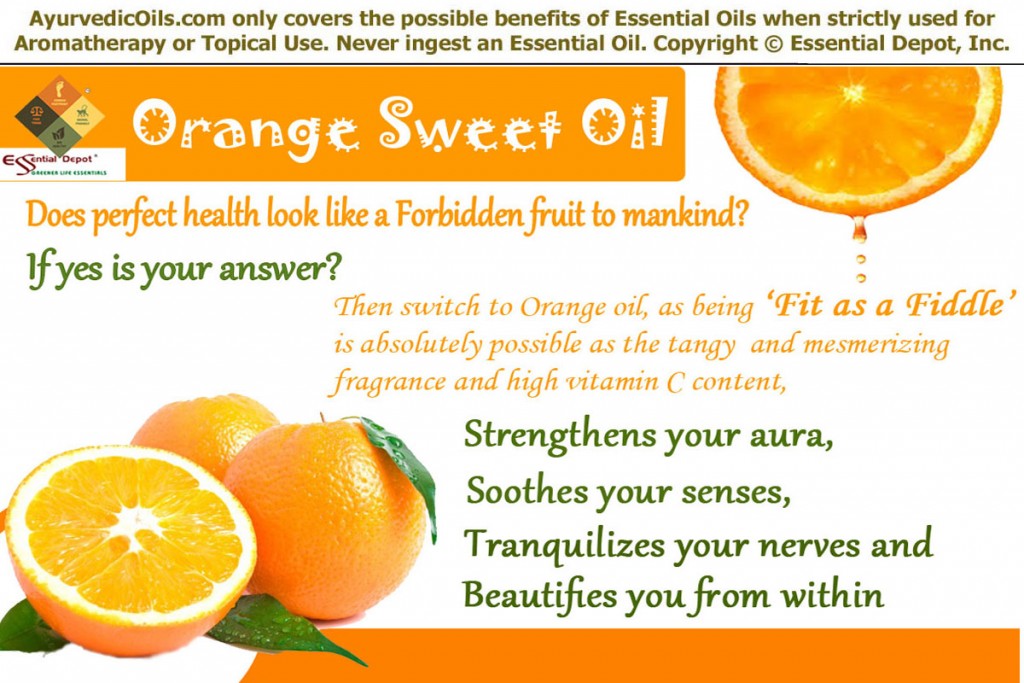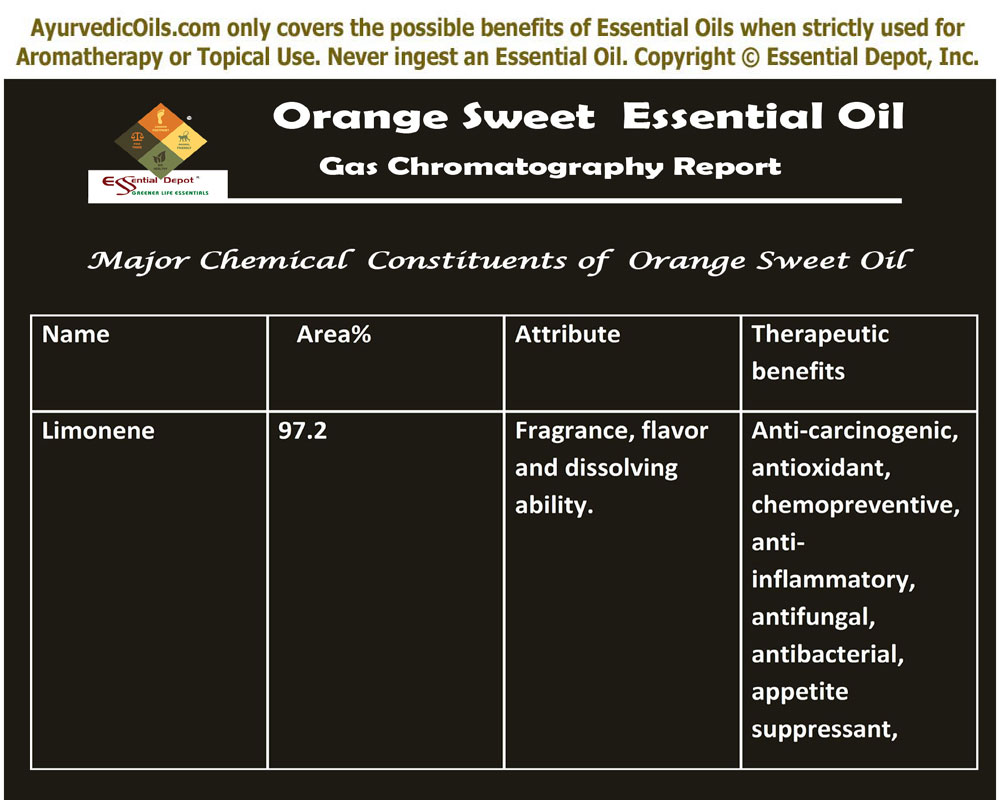 Being fit as a fiddle is the dream of every one of us in this wobbly world where perfect health looks like a forbidden fruit to humanity. When this contemporary living demands swallowing pills, regular gymming and deficient diet to make you look like Mr. / Ms. Perfect, Ayurveda, the oldest of all healing sciences on earth suggests the holistic treatment to your five senses for a harmonious living.
Being fit as a fiddle is the dream of every one of us in this wobbly world where perfect health looks like a forbidden fruit to humanity. When this contemporary living demands swallowing pills, regular gymming and deficient diet to make you look like Mr. / Ms. Perfect, Ayurveda, the oldest of all healing sciences on earth suggests the holistic treatment to your five senses for a harmonious living.
Colors for the sense of sight, sound for the sense of hearing, aroma for the sense of smell, massage and topical application for the sense of touch and herbal remedies for the sense of taste.
And now, here’s the key for opening your door to perfect health, yes you are right and the key is Orange and its essential oil. With an appeasing orange color it instills peace, happiness and spiritual wisdom, the tangy and mesmerizing aroma calms your senses and soothes your nerves, the therapeutic properties ease numerous functions of the body when massaged gently and its numerous medicinal benefits strengthen your aura when ingested in the form of juices.
Purchase Orange Sweet Oil – Retail – CLICK HERE
Purchase Orange Sweet Oil – Wholesale – CLICK HERE
Historical Importance of Sweet Orange:
It is native to China and is scientifically known as Citrus sinensis. The first literary presence of orange dates back to 500 BC in the book ‘Yu Kung’ written under the reign of the Chinese Emperor Ta Yun. The ancient Chinese considered Orange as a symbol of good luck and used it for treating numerous health problems, whereas the Europeans regarded it as a sign of richness. Sweet oranges were celebrated as a Qi-tonic (tonic for the aura or the life force) to eliminate obstacles in the energy meridians.
Vasco da Gama was the first person to bring Sweet Oranges to Europe when he discovered it in the 15th century in East Africa, which was considered as the Arabian trade routes. It gained greater reputation in Portugal and was called as ‘Portugal Orange’.
Few sources say that Columbus took the seeds of Citrus sinensis to America in 1493 and it slowly spread across California, Florida and Louisiana by the middle of the 18th century. Sweet orange and its oil has been in use in a number traditional cuisines like roast duck (other water birds also), fennel and orange salad, orange-almond tart and in many savories, desserts and confectionery items across the globe.
Chemical constituents or Gas Chromatography Report of Orange sweet oil:
According to the Gas chromatography report, Orange sweet oil constitutes of Limonene as the key component with about 97.2%, contributing to its distinctive fragrance, remedial properties and quality.
Just click on Limonene for knowing about the exclusive information of this prime constituent of Orange sweet oil.
The table below on the Gas Chromatography report talks about the prime chemical constituent and its role in granting the therapeutic and other attributes to Orange sweet oil.
 Therapeutic properties of Orange sweet oil:
Therapeutic properties of Orange sweet oil:
The essential oil of Sweet orange is extracted by cold pressing the rinds of this fruit that instills a fresh and strong aroma. The healing properties of this oil are antidepressant, tonic, anti-inflammatory, antiseptic, anti-carcinogenic, chemo-preventive, cholagogue, antispasmodic, carminative, antioxidant, sedative, anti-inflammatory and diuretic.
Ayurvedic health benefits of Orange sweet essential oil:
Nothing is as complicated as studying human physiology and human psychology even with today’s modern devices. You will now feel highly impressed with the kind of wisdom that Ayurveda has imparted to this world even before our scanning machines or X-ray devices were found.
It is for this reason people call Ayurveda as a common sense science that transforms the knowledge about human mind, body and spirit in an easier manner for everyone to understand thoroughly as this noble methodology considers that knowledge about one’s own health condition is vital for healthy living.
Ayurvedic texts indicate that human beings are an essential part of nature and everything that corresponds to their illness or wellness depends upon their balance or harmony with nature.
Thus illness in Ayurveda means that your body is out of rhythm with nature and natural remedies like essential oils, herbs, healthy lifestyle, yoga, meditation and prayers can assist in treating imbalances that bring you back to balance with nature and help prevent such diseases in the future also.
Ayurvedic remedies are always unique for every individual as it trusts that every human being is made up of a unique combination of energy elements known as doshas (vata, pitta and kapha) in Sanskrit.
Predominance of any one of these doshas determines an individual’s personality and health condition and imbalance of any one these doshas leads to illness. Ayurvedic treatment is solely based upon the individual constitution and the dosha imbalances of a person. Sweet orange oil is said to reduce excess vata and kapha and increase pitta deficit.
The Ayurvedic health benefits of Orange sweet essential oil are: 1. Benefits to the skin:
1. Benefits to the skin:
Sweet orange essential oil has a handful of benefits to the skin when added to your regular skin care cream or lotions. Massaging your skin gently with 2 drops of Orange sweet oil blended with mild carrier oil like jojoba oil can help in treating acne, skin irritation, microbial infections, wounds, cuts, abrasions and dermatitis with its antiseptic properties.
Known as a skin tonic, this oil stimulates the lymphatic system and aids in eliminating the toxins of the congested skin surface.
As a natural skin energizer, Orange sweet oil penetrates deeply into the pores and supports the formation of collagen in the skin. This helps in augmenting the elasticity of the skin, reduces wrinkles, removes excess oil, improves skin complexion and grants a never before brighter, fairer, spotless, healthy and glowing skin.
Adding 2 drops of Orange sweet oil in lukewarm bathing water or in facial steam helps in refreshing and revitalizing your skin and aids in fighting the symptoms of aging.
2. Benefits to the mind:
As a trusted antidepressant, sedative and mild aphrodisiac, Orange sweet oil has been used for treating depression, anxiety, mood fluctuations, sleeping difficulties and sexual problems like loss of interest in sex, loss of libido, impotence etc.
Adding 2 drops of this oil in your diffuser, air freshener, vaporizer, burner or in bath will uplift your mood, grant mental clarity, pacify your nerves, induce positive feelings and reminds you of the happy moments in your life.
Sweet orange oil with its inspiring, encouraging, stimulating and versatile aroma grants a sense of support, warmth and happiness. With this motive, Orange oil is recommended for use in the bed room to treat sleeping problems, mental worries and for assisting stubborn children to fall asleep.
A 2012 study on ‘Effect of Sweet Orange Aroma on Experimental Anxiety in Humans’ presented results stating “an acute anxiolytic activity of sweet orange aroma, giving some scientific support to its use as a tranquilizer by aromatherapists.” This proves that the aroma of Sweet orange is effective in reducing anxiety and stress levels in human beings.
Another research on ‘Anxiolytic-like effect of sweet orange aroma in Wistar rats’ also proved that the acute anxiolytic aroma of sweet orange is better than the aroma of tea tree oil when tested on the same animal model.
3. Benefits to the digestive system:
Orange sweet oil has carminative properties that aids in expelling the formation of gas in the intestines. If left unnoticed intestinal gas can create sharp pain in the chest, severe stomach pain, indigestion, abdominal discomfort and increase your blood pressure.
Using 2 drops of this oil with sesame oil for massaging your tummy will help in preventing gas formation, driving out existing gas, treating intestinal spasms, cramps and killing intestinal parasites.
A 2010 study on ‘Efficacy of an orange oil emulsion as an anthelmintic against Haemonchus contortus in gerbils (Meriones unguiculatus) and in sheep (Ovis aries)’ tested the effectiveness of Orange oil in killing Haemonchus contortus, a blood-sucking abomasal gastrointestinal parasite that affects goats and sheep. This research proved that orange oil is 97 percent effective in treating parasitic worms in sheep and goats.
4. Benefits to spasms and pain:
Sweet orange oil with its antispasmodic effect helps relieve spasms that can cause chronic diarrhea, persistent coughs, muscular cramps and convulsions. This oil has excellent diuretic properties that eliminate the toxic substances from the body through urine. It also helps in treating obesity, water retention and inflammation due to the presence of harmful toxins in the body.
Add 2 to 3 drops of Orange sweet oil in your bath tub for treating inflammation and spasms. Massaging the affected area with 2 drops of Orange sweet oil blended with coconut oil can grant instant relief from painful spasms along with external and internal inflammations.
5. Benefits to the entire system:
The essential oil of Orange sweet benefits the entire system by balancing various functions of the body. Being a cholagogue, this oil stimulates the secretion from all the glands, helping to regularize menstrual flow, digestive juices, hormones and milk in nursing mothers.
The presence of limonene constituent in Orange sweet oil has been proved to combat free radicals and check the growth of cancerous tumors by preventing cellular mutations. This oil also enhances the immune power of the body and helps to fight against cold, flu, nervous tension and numerous other diseases.
Disclaimer:
Never take essential oils internally. Always use essential oils after diluting it in carrier oils as pure essential oils are highly concentrated liquids and may harm you when used directly on the skin. Citrus oils in general have photo-toxicity effect so avoid using it before going out in the sun. Consult your Ayurvedic practitioner before choosing the right essential oil for your individual constitution and appropriate health condition.
The MSDS (Material Safety Data Sheet) of Orange sweet essential oil is readily available for your enhanced safety and superior usage.
Gas Chromatography Report of Orange sweet essential oil.
Thought for the day:
When life gives you lemons, make orange juice and leave the world wondering how the hell you did it. – Unknown
Suggested Reading:
- HEALING POWERS OF SWEET ORANGE OIL (The Aromatherapy Professional: Healing with Essential Oils) by KG Stiles
- How to Use Orange Essential Oil (Aromatherapy) by Miriam Kinai
- Citrus Essential Oils: Flavor and Fragrance from Wiley
- Citrus Oils: Composition, Advanced Analytical Techniques, Contaminants, and Biological Activity (Medicinal and Aromatic Plants – Industrial Profiles) from CRC Press
Reference Links:
- Oranges: History, Types and Uses by HubPages
- Efficacy of an orange oil emulsion as an anthelmintic against Haemonchus contortus in gerbils (Meriones unguiculatus) and in sheep (Ovis aries) submitted to Veterinary Parasitology, published in USDA Agricultural Research Service Website
- Citrus sinensis by World Agroforestry Centre
- Effect of Sweet Orange Aroma on Experimental Anxiety in Humans published in The Journal of Alternative and Complementary Medicine
